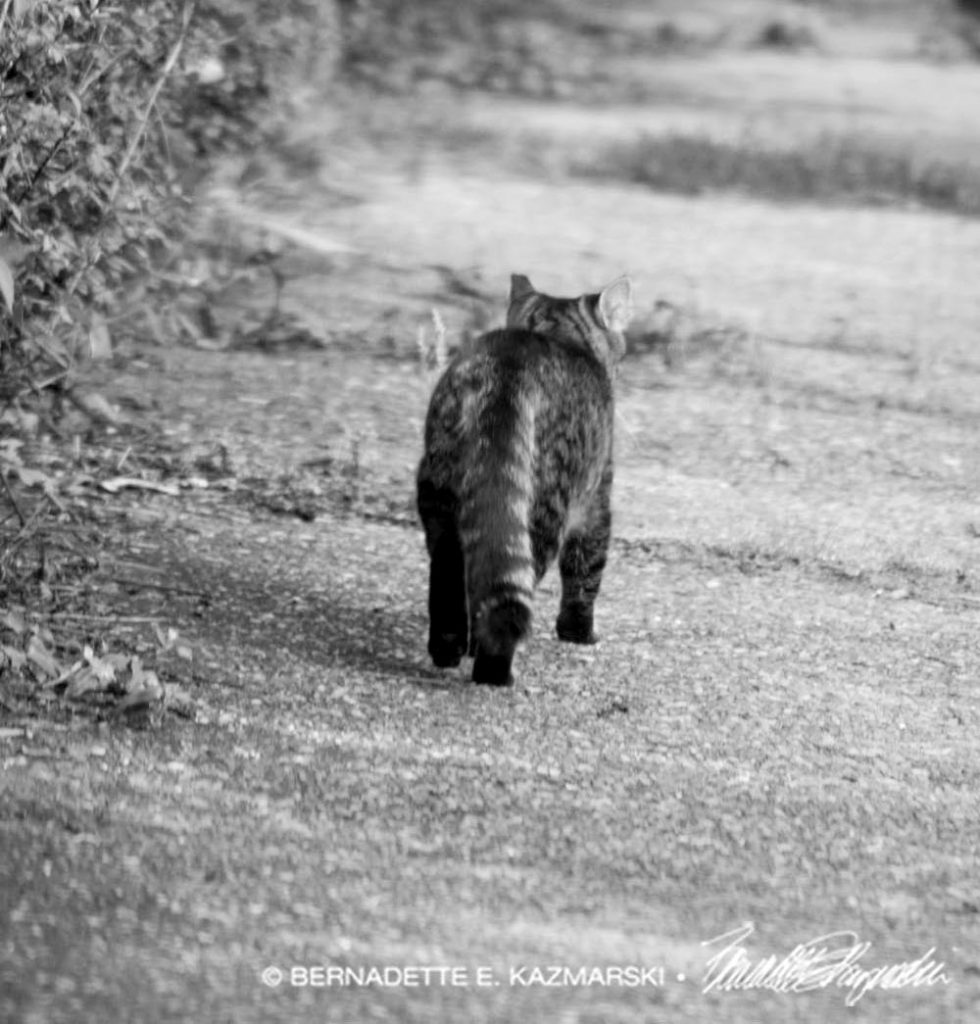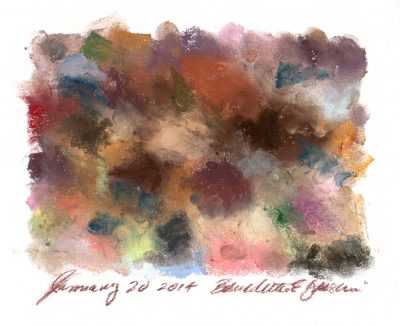Living Up to The Dream

This year the message on Martin Luther King Jr.’s birthday is to not celebrate, but activate. Take an activist role in achieving his dream of equality and justice for all, for righting the historic wrongs done to black people as well as the wrongs still done today, and most of all to pass laws to ensure the right to vote.
Equality in opportunity of all sorts and inclusion in society’s processes is still not achieved if we look around us, recognize the portion of the local population that is black or non-white, and see that they are not represented in anywhere near the numbers they should be to truly be included in decision-making anywhere, in government, in business, even in individual workplaces.
One of those areas where black representation is deficient is animal welfare, in leadership positions at shelters and humane organizations of all sizes, the representation, or lack thereof, is embarrassing. Yet about a century ago black people were leaders in the nascent animal welfare world in this country, even as they worked for the welfare of their own people in the era of segregation and Jim Crow, often at risk to their own lives. Coming around to today and studying the history of animal welfare, we don’t see those pioneers. They are barely mentioned, removed from the stories, just as their accomplishments and their selves were removed from the history of societal changes in this country.
We can’t just wait for representation to happen, we have to cause it to happen. People tend not to go where they don’t feel welcome. We know that animal welfare is full of turf wars over exactly how animals should be handled in every way, and disagreement is often not resolved but results in people not finding a consensus and not working together, which only diminishes what we can accomplish. If you follow TNR and cat rescue you’ve probably encountered Sterling “Trap King” Davis, former rapper turned trapper who devoted his life to saving cats’ lives, and taking a highly visible leadership role as a black man and a gay man in cat rescue and animal welfare to encourage others to both make room for people who don’t fit the typical description of animal welfare leaders, and to accept each person as a member of the same team, no bashing over differences of any kind.
Why is animal welfare important when humans often don’t have their own welfare supported? The work of animal welfare a century ago and even longer, led by black and white people, was about building “a humane society” where all living members, not just humans, were treated with respect and dignity, kindness and love.
“And I say to you, I have also decided to stick with love, for I know that love is ultimately the only answer to mankind’s problems….I say to myself that hate is too great a burden to bear. I have decided to love. If you are seeking the highest good, I think you can find it through love.” ~Martin Luther King, Jr., August 16, 1967, Where Do We Go From Here?
So let’s do it.
To read about those early leaders in animal welfare, start with this article, “Four black leaders who built the humane movement––long before MLK!” and follow the links in that article as well as the related posts for information about others as well. You can go from there to find their stories in historical records in states where they were active and at colleges and universities, even a few biographies.
Also visit my post from June 2020, A More Humane Society
~~~
An example of something everyone can do
Language matters. The actual words we choose to express something are meaningful and I gave the example that I use the word “who” as a pronoun for animals even though it’s generally used only for humans; I decided long ago to use it for any sentient being.
If you listen to yourself and others, you’ll often find some responses, descriptive phrases, epithets and other common words and phrases that we’ve been accustomed to using that have a basis in racism, whether they involve African Americans or Native Americans or Jewish people or lots of other groups who have been set aside from the white culture in this and other countries by the language we historically used to describe them. Recently a friend of mine, who is actually quite liberal and progressive and a very nice and generous person, told me when I was buying my car that I should try to “Jew the man down”. My jaw dropped. I stopped him and asked him if he’d heard what he’d said, I had to repeat it back to him and he really had no good reason for having said it except that it was a longtime habit in his language. I know he “didn’t really mean it that way”, but we are responsible for what we say. Because, you know, that leads to a society that shows respect for everyone in it.
I have tried to scour my language of those things from the time I heard myself saying that one some time in college. After years of speech therapy and learning to plan what I say before I say it, I really consider what I say and I’m shocked when some of those old phrases still want to come up.
Along the same lines I respect the titles and language people have given their movements and don’t use them for other purposes just because they seem clever. I started seeing the hashtag “blackcatsmatter” a few years ago, and then following that “allcatsmatter”, “eartippedcatsmatter” and other combinations of cats mattering.
The Black Lives Matter movement was founded after the acquittal of George Zimmerman in the killing of Trayvon Martin and picked up speed after the deaths of Michael Brown and Eric Garner in 2014, and it has continued to represent the killing of unarmed black people that just won’t seem to stop.
You know I love black cats, and eartipped cats, and all cats, and so on. But I find the modified use of this hashtag to be disrespectful to the Black Lives Matter movement, and its use waters down the effectiveness of the original movement. I know most people who use it would mean no disrespect, and it’s a natural thing in social media to co-opt clever language and hashtags. But this is one instance where we are not looking at what we’re doing before we do it. So, if you use it, please think about what you’re doing.
Gifts featuring cats you know! Visit Portraits of Animals
Also read a poem and essay…
Stop over at my writing website to read the poem and essay I shared today.

Copyright
All images and text used on this site are copyrighted to Bernadette E. Kazmarski unless otherwise noted and may not be used without my written permission, although links to your site are more than welcome and are shared. Please ask if you are interested in using and image or story in a print or internet publication. If you are interested in purchasing a print of an image or a product including it, check my animal and nature website Portraits of Animals to see if I have it available already. If you don’t find it there, visit Ordering Custom Artwork for more information on a custom greeting card, print or other item.
Subscribe to my e-newsletter
Subscribe to The Creative Cat Preview E-newsletter.
© 2022 | www.TheCreativeCat.net | Published by Bernadette E. Kazmarski
Weekly schedule of features:
Sunday: Essays, Pet Loss, Poetry, The Artist’s Life
Monday: Adoptable Cats, TNR & Shelters
Tuesday: Rescue Stories
Wednesday: Commissioned Portrait or Featured Artwork
Thursday: New Merchandise
Friday: Book Review, Health and Welfare, Advocacy
Saturday: Your Backyard Wildlife Habitat, Living Green With Pets, Creating With Cats
And sometimes, I just throw my hands in the air and have fun!
PORTRAITS OF ANIMALS WEBSITE
FACEBOOK | TWITTER | LINKEDIN | PINTEREST | TUMBLR | INSTAGRAM | YOUTUBE| EMAIL | PATREON




Pingback: Living Up to The Dream - Paths I Have Walked
Really important, and glad you’ve woven the topic into your work. I’ve been reading a very interesting book, it’s titled “Grammar for a Full Life, How the Ways We Shape a Sentence Can Limit or Enlarge Us” by Lawrence Weinstein, Co-founder of the Harvard University Writing Center. Words and Grammar are important to our fulfillment and that of others. Such an important, yet often overlooked, subject. Thank You!!
That sounds like a fascinating book! And it’s true, the words we choose both describe and reflect us.
Brilliant essay, Bernadette. I will read this again and again, and spread the word.
Thank you so much! I really feel that if each of us stopped to think and planned what we were saying we’d have much more peace, love and understanding.